When a prime contractor or subcontractor believes the government agency does not have unlimited rights to the technical data and computer software that are to be delivered per the contract requirements, they can submit a list of asserted restrictions to the agency. This list includes identifying the restricted computer software (CS)/technical data (TD) and the reasons for restricting the Government's rights. Typically, the list is submitted before the contract award, and the CS/TD bearing the asserted rights markings is delivered during the contract's performance.
The format and level of detail of the list of asserted restrictions submitted by the contractor may or may not be agreed upon by the government agency. Before the contract award, if the Government agrees with the rights assertions, the list is attached to the contract. If the format of the list is incorrect per the Government, the contractor will be requested to revise it. If the assertions list is mainly in the correct format, the Government typically incorporates it into the contract as an attachment, even if the basis of the asserted restrictions is not agreed upon. However, such incorporation does not mean the Government is validating the asserted restrictions. It merely acknowledges that the contractor made the assertions. The Government preserves its right to dispute the restrictions at a later stage. The Contracting Officer’s (CO's) final decision of a formal dispute of the marking(s) in favor of the contractor validates the asserted restrictions. Additionally, these restrictions are validated if the actions of a court of competent jurisdiction or the Board of Contract Appeals sustain the legitimacy of the restricted marking(s). Just because the Government does not officially dispute nor initiate dispute proceedings, it does not mean the asserted restrictions are valid.
Suppose the Government does not agree with the category of asserted restrictions or their claimed basis. In that case, it may request the contractor or subcontractor to provide a sufficient written explanation of the asserted restrictions through a pre-challenge request for information. The CO will review the explanation and evaluate if the asserted restrictions hold merit, thereby restricting the Government and/or others’ use of the CS/TD. Per the Defense Federal Acquisition Regulation Supplement (DFARS), the contractor is required to maintain and adhere to written procedures that ensure restrictive markings are utilized only when authorized by the contract's applicable DFARS provisions. This allows the contractor to generate and maintain adequate records to support the validity of any restrictive markings on CS/TD delivered under the contract. Per DFARS, the entity asserting the restrictions, i.e., the contractor, carries the burden of proof of the appropriateness of any asserted restrictions. If the contractor fails to maintain these records, they may lose their rights to restrict.
Suppose the TD relates to widget Y was developed exclusively at private expense, for example through independent research and development (IR&D) efforts. A contractor can claim "limited rights" to that TD. The contractor must be able to justify the basis for this exclusively-private-expense claim upon request by the Government. Some typical forms of evidence supporting this claim include the IR&D’s project number, the scope of the project, expenditure records and development timeline, lead investigator’s information, a list of the contractor’s personnel who worked on the project, and the patent application filed or patent issued before obtaining the Government contract. The contractor should provide relevant information rather than inundating the Contracting Officer with many potentially unnecessary documents to sort through. Superfluous documentation can lead to a request for additional information or to the Contracting Officer determining that the asserted restrictions are not supported.
If the Government obtains Government Purpose Rights (GPR), it typically won’t ask for evidence to support the contractor’s claim. Under GPR, the Government can use the CS/TD without limitation within the Government, and therefore the Government can conduct its operations as needed. It can also disclose the CS/TD to third parties to use the CS/TD for government purposes as long as a non-disclosure agreement is in place. "Government purposes" encompass any activity the U.S. Government participates in, including cooperative agreements with multinational or international defense organizations. Additionally, it includes competitive procurement but solely for non-commercial purposes. The Government cannot disclose, reproduce or use the GPR TD for commercial purposes and cannot authorize others to do so. During the GPR period, typically five years from contract execution, the contractor retains exclusive commercial rights.
As GPR allows the Government to use CS/TD and even disclose it to other contractors for any government purpose, the Government usually does not request supporting information from a contractor asserting GPR on CS/TD. However, there may be situations where the Contracting Officer seeks such information if they believe the CS/TD should be categorized as "unlimited rights" due to the government funds used exclusively in developing the underlying item or software. Therefore, it is recommended that contractors maintain proper records to support their assertions of GPR, even if they do not expect the Government to request such information.
If you need assistance with the assertion of intellectual property rights for TD/CS deliverables under your government contract, feel free to contact Veterans Advocacy Law Group. Our team of knowledgeable attorneys specializing in government contracts and intellectual property law can help you determine the appropriate assertion of rights based on your documentation and ensure that they are properly documented as a part of the contract. In addition, we can review the format of your list for accuracy, assist you in responding to pre-challenge requests from the Government for the assertion of rights documentation, and defend your assertions against challenges from the Contracting Officer, and at the Board of Contract Appeals, or any relevant courts.


